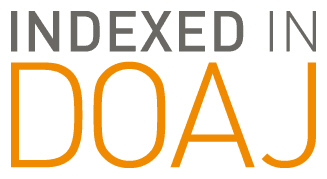Abstract
This study examined the pertinent details and outcomes of special education due process hearings (n = 100) that addressed independent educational evaluations as an issue of dispute in a 14-state sample. Variables related to the frequency of these cases, the characteristics of students involved, the specific types of IEEs requested, and the other related issues and outcomes were coded and analyzed. Psycho-educational evaluations were addressed in the most due process hearings, followed by speech-language evaluations, and neuro-psychological evaluations. Statistically significant associations were identified between states regarding a) the extent to which IEEs are issues of dispute in due process hearings, b) the prevailing parties in these hearings, and c) the types of legal representation used by parents. Recommendations for policy, practice, and additional research related to IEEs and special education due process hearings are discussed.
Recommended Citation
Blackwell, William H. and Gomez, Mertie
(2019)
"Independent Educational Evaluations as Issues of Dispute in Special Education Due Process Hearings,"
Journal of Human Services: Training, Research, and Practice: Vol. 4:
Iss.
1, Article 2.
Available at:
https://scholarworks.sfasu.edu/jhstrp/vol4/iss1/2
Included in
Disability and Equity in Education Commons, Educational Assessment, Evaluation, and Research Commons, Special Education and Teaching Commons
Tell us how this article helped you.
